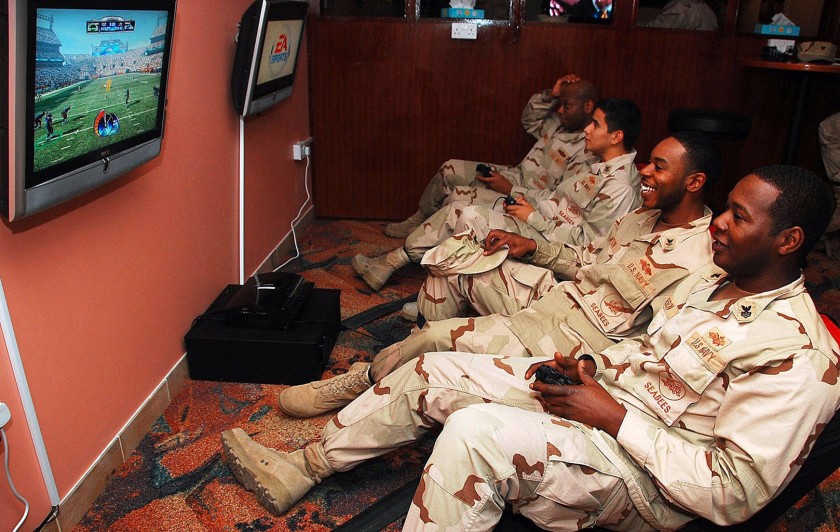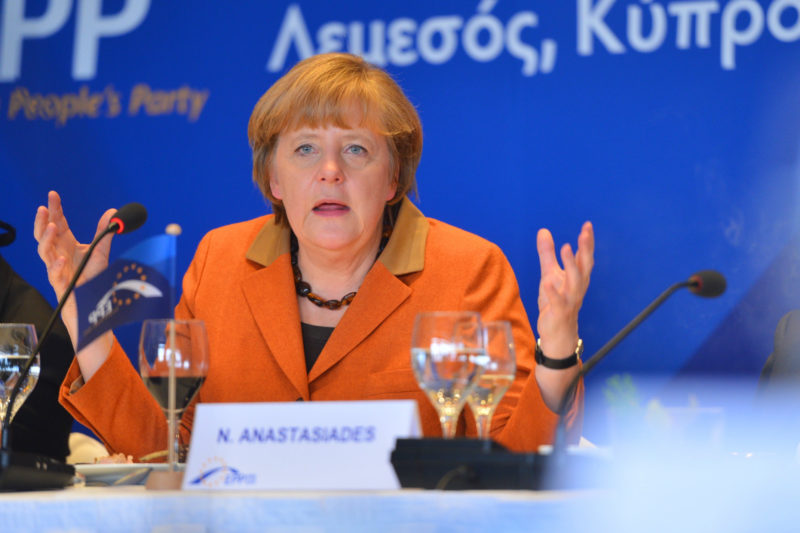Within popular culture, video games have taken a meteoric rise to the forefront of the entertainment industry, however, it is important to note the role the that they have played in discussing global political issues in an engaging medium. To demonstrate this, here are four games that have overt connections to international relations, security, governance and politics.

Papers, Please
With the recent focus that the Refugee Crisis has brought to migration, one game develops a narrative on the challenges associated with immigration. Papers Please is an interesting and unique game that focuses on the scenario of a border checkpoint. Although drawing on very different situations from those of the refugee crisis, Papers Please gives an original perspective on the trials and tribulations that a border agent must endure. The player is tested on his morality, corruptibility and investigative skills to determine who is and who is not a legitimate migrant. The twist, the fictional state of Arstotzka for which the player works is a political mess. Arstotzka becomes the definition of corruption, tyranny and maladministration, not unlike the East Germany portrayed in the famous film, The Lives of Others. Overall, the game is worth playing, and will give gamers a distinct and unique perspective to the refugee crisis we currently face, although through a radically different lens.
Assassin’s Creed

The Assassin’s Creed series is one of popular game designer Ubisoft’s longest running series with ten mainstream titles, and many spinoff games. The series, which first released in 2007, focuses on a fictional war between Templars and Assassins throughout history, but lived out in modern times through powerful technology. The interesting part is the connections made to major political figures, events, and themes of power. Prominent political figures include Machiavelli, the Borgia family, George Washington and Marquis de Sade. The games also take place during significant moments in political history, ranging from the Crusades, to the Italian Renaissance, all the way up to the American, French and Industrial Revolutions. While the storylines themselves may lend to a more fantastical narrative, the events and characters provide a distinct political connection that appeals to history and political science buffs everywhere. Most notably, the Assassin’s Creed series explores many of the formative eras of International Political theory, and this makes it exceptionally relevant to understanding modern political discourse.
Watch Dogs
In 2014, Ubisoft released its ambitious title Watchdogs, a game that at its roots questions the challenges of cyber and technological development and corruption. Players control a hacker who has impressive and scary control over the technology around him. It easily relates to many questions today surrounding how government and corporations use the technology we take for granted. The role of technology and cyberspace in modern society, and its connection to politics and economics is explored deeply through a morally ambiguous world where the player is almost omnipotent through his control of technology. The storyline draws interesting parallels with questions that have been raised about how private our information is and how much the government, intelligence agencies and corporations can take from our personal devices. This theme is evident throughout the game as even walking down the street the player can read non-player characters’ (NPC) emails, listen to their phone calls or transfer funds out of their accounts. Watchdogs gives a real look at the politics surrounding our high tech society.
Call of Duty

The Call of Duty series has been ongoing since 2004, and since then has sold 175 million copies and amassed approximately US $10 billion. While this is staggering alone, the series has managed to cover a wide variety of politically sensitive issues: drones, World Wars, torture, terrorism and a whole host of other charged issues. The series has been known not to shy away from controversy, Call of Duty: Modern Warfare 2 and Modern Warfare 3 simulate a Third World War between NATO and Russia. While Modern Warfare 2 simultaneously explored a particularly controversial scene in which the player commits a terrorist attack on an airport, which was eventually changed to an ‘optional’ mission. More recently, the Black Ops iterations contained such politicized issues as torturing for information, and the use of drones in warfare. While there are a host of First Person Shooter (FPS) games that cover significant political issues surrounding war and conflict, Call of Duty happens to reach by far the largest audience for this genre. Therefore, pushing the political envelope means exposing the masses to major issues of the international relations community.
The ability of the entertainment industry to explore political issues has always been evident in film and television. Video games, however, offer another layer in which players engage in the actions themselves, and face the same types of moral dilemmas that the international relations community delves into every day. Critical themes about morality, law, and interpretations of political theory are common elements of the gaming industry. It is significant to international relations because it is layered, immersive and nuanced. Players who are not immerse in politics may not even realize they are being exposed to these important issues, while more politically savvy gamers will be able to engage more critically with topics that are often glossed over.




